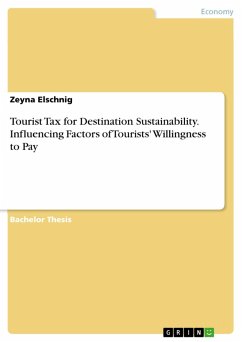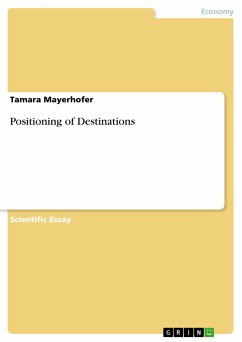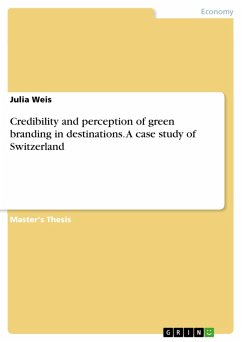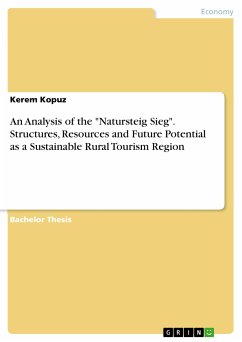Bachelor Thesis from the year 2019 in the subject Tourism - Miscellaneous, grade: 1,3, University of Applied Sciences Bremerhaven, language: English, abstract: This paper aims to explore different types of tourist taxes and the motives for implementing them, as well as the impacts they induce on different stakeholders. Further, the topic of sustainability in tourism is elucidated. The research then deals with the willingness of German tourists to pay those taxes under different circumstances. As the literature review revealed a few qualitative studies on this topic, a quantitative approach was chosen, in order to test the results of these studies and the resulting hypotheses. It was expected, that tourists are likely to change their travel behavior due to the implementation of taxes, it was rather expected that they would not be willing to pay them. However, the study showed, that most participants are willing to pay a tourist tax, if the allocated funds are used to ensure the environmental sustainability of a destination. The factor which mostly influences the willingness to pay, is the respondents' attitude towards sustainability. Secondly, it was discovered that confidence in the implemented action seems to be of big importance. Participants who trust that allocated funds are used for the mentioned purposes, show a higher willingness to pay. Concludingly, local governments of tourist destination should increase their trustworthiness, by being more transparent, not only in collecting taxes, but also in finding appropriate purposes for spending the money on. Tourists are more likely to pay, if it is for the 'right' cause. As the overtourism problem increases around the world, many popular tourist destinations are resorting to measures, which are supposed to solve the problem totally, or to at least find ways to compensate the adverse effects created by tourism. One of these measures is the implementation of tourist taxes, which has become increasingly popular amongst several tourism destinations. Depending on how the funds created by these taxes are used, they could for example ensure the sustainability of a destination.
Dieser Download kann aus rechtlichen Gründen nur mit Rechnungsadresse in A, B, BG, CY, CZ, D, DK, EW, E, FIN, F, GR, HR, H, IRL, I, LT, L, LR, M, NL, PL, P, R, S, SLO, SK ausgeliefert werden.









